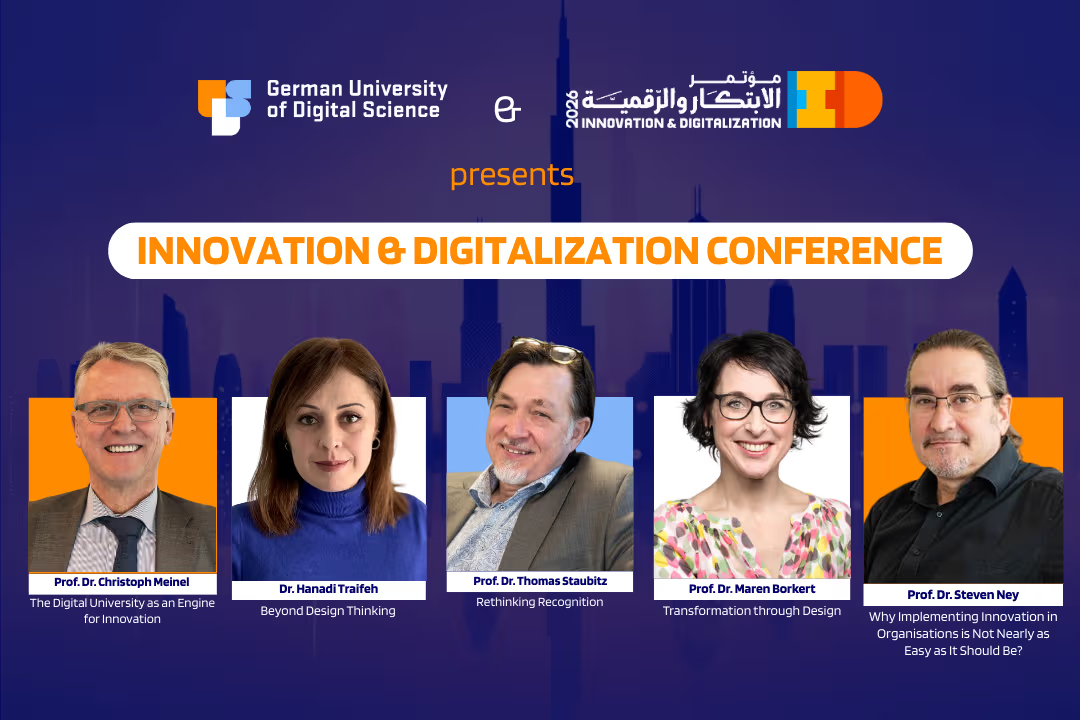
German UDS Presidents Meet Brandenburg’s Minister President
German UDS Presidents Meet Brandenburg’s Minister President to Advance Digital Education and Innovation
Prof. Dr. Mike Friedrichsen and Prof. Dr. Christoph Meinel, the presidents of German UDS, recently met with the Minister President of the State of Brandenburg to discuss the future of education, digital transformation, and innovation in the region. The meeting provided an important platform to discuss how Brandenburg, especially Potsdam, can establish itself as a leader in digitalization and artificial intelligence while strengthening the foundations of higher education and workforce development.
A central topic of the discussion was the necessity of new approaches to university education. Professors Friedrichsen and Meinel emphasized that traditional academic models must adapt to the demands of a rapidly changing digital society. They stressed the importance of interdisciplinary curricula combining technical, entrepreneurial, and social competencies. The presidents advocated for the stronger integration of practical experience into academic programs to enable students to gain hands-on skills directly relevant to the labor market. Furthermore, they highlighted the value of international cooperation and digital learning platforms to make education more flexible and accessible for a diverse student body.
Another key point was integrating lifelong learning into companies. The professors and the Minister President agreed that continuous professional development is essential for maintaining competitiveness in the digital age. They discussed strategies for embedding learning opportunities directly into the workplace, such as micro-credentials, modular training programs, and close partnerships between universities and industry. The goal is to create a culture of ongoing learning where employees are empowered to adapt to new technologies and evolving job requirements throughout their careers.
The digitalization of public administration was also a significant focus of the meeting. Participants examined how digital tools and processes could increase the efficiency, transparency, and responsiveness of government services. With his background in digital innovation, Prof. Dr. Meinel shared best practices for implementing secure and user-friendly digital infrastructures. The discussion included the need for robust data protection, citizen-centered service design, and up-skilling public sector employees to ensure a successful digital transformation.
Finally, the development of artificial intelligence as a strategic focus in Brandenburg, particularly in Potsdam, was discussed at length. The presidents presented their vision for establishing the region as a hub for AI research, application, and talent development. They discussed opportunities for collaborative projects between universities, research institutes, and technology companies, as well as the importance of ethical guidelines and societal dialogue around AI deployment.
Overall, the meeting underscored the importance of close collaboration between academia, business, and politics. Through collaboration, Brandenburg can spearhead digital transformation, promote innovation, and guarantee that education and workforce development keep pace with the challenges and opportunities of the digital era.


